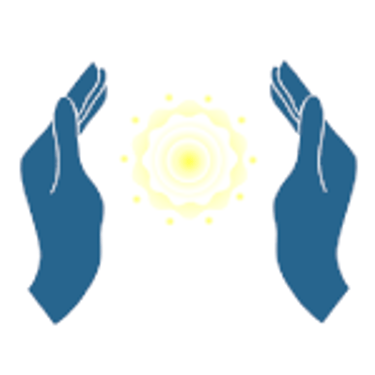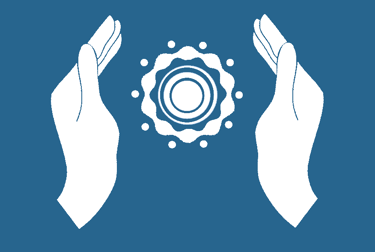
What is Checking In?
What does it actually mean to check in with someone, be it yourself, a friend, work colleague or loved one?
THEME OF THE WEEK
Checking in is one of those terms regularly used by therapists that has crept in to everyday conversation.
I’m going to look at what it actually means, why it is important and how we can use it in our daily lives to improve our relationships.
In a therapeutic session, checking in serves a crucial dual purpose. For clients, it offers a moment of reflection, allowing them to assess their current feelings and thoughts regarding their issues, whether that’s in the context of their journey so far or in relation to their progress since the last meeting. This introspective practice enables clients to articulate their experiences, promoting self-awareness and personal growth.
Meanwhile, for therapists, checking in acts as a guiding tool, providing essential insights into the client's progress and emotional state. By understanding where the client stands, therapists can tailor their approach and interventions effectively, ensuring that the sessions are productive and aligned with the client's evolving needs and goals. This collaborative process enhances the therapeutic relationship and facilitates meaningful change.
What is Checking In?
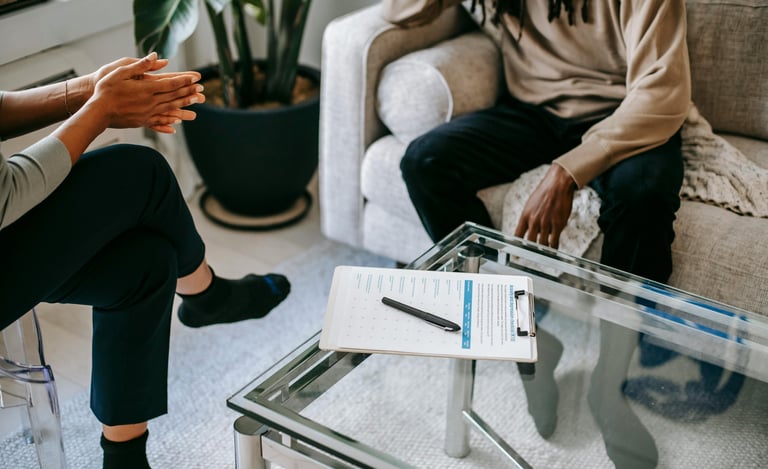

Is it reflective practice?
You may have come across a type of checking in, in both educational and professional settings. It is often used in discussions about courses, workplace projects, and performance appraisals.
The aim is to encourage individuals and teams to take a step back and critically examine their experiences, asking essential questions about what went well and what could have been improved. By reflecting on successes and challenges, participants can identify the valuable lessons learned, paving the way for enhanced skills and better outcomes in future endeavours.


Whatever the type of relationship, they can sometimes be tricky. They cause us to feel a mixture of emotions and expectations. There can be moments of harmony alongside periods of doubt and confusion.
In our long term relationships, when things are working well, life feels fulfilling and joyous. However, when cracks begin to form, we may find ourselves questioning not only the relationship, but also our own actions and intentions. We wonder whether it is something we are doing, the other person or situation.
How does it apply to my daily life?
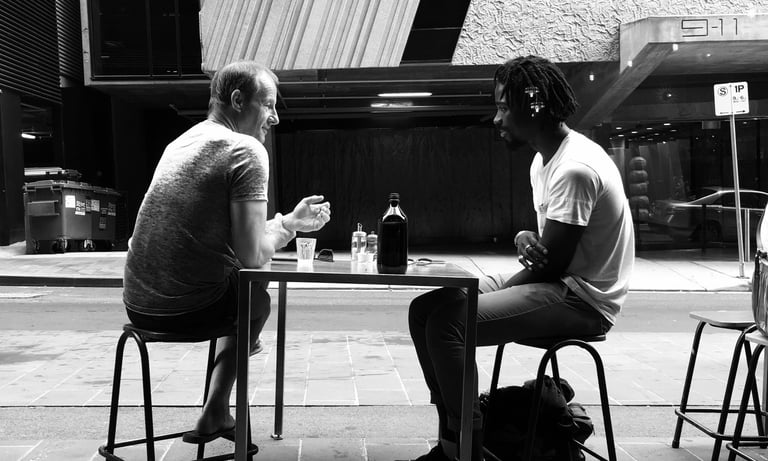

It might be that we miss little warning signs until they demand our attention. Sometimes we can get so far in to a relationship, that we don’t notice when something isn’t right and then one day wonder how we got there.
Life is a complex mix of interactions and relationships in many areas of our lives. These could be at home, with extended family, friends or colleagues. Within brief exchanges, common understandings are drawn on in order to relate with another person or animal. It can also be said that we form relationships with objects like money, or social media.
Or, may be we are so set on a goal or ideal, that we don’t stop to consider whether it is what we actually want and ignore our true needs and desires. This can lead to discomfort, self-doubt, and anxiety about failure, which pushes us to cling to the familiarity of what feels safe, even if it no longer serves us.
Using the process of checking in can help us to recognise and address these feelings, which is essential for personal growth and the health of our relationships. Consequently, we are less likely to put ourselves in situations where we are not so happy, potentially leading to less anxiety and stress.
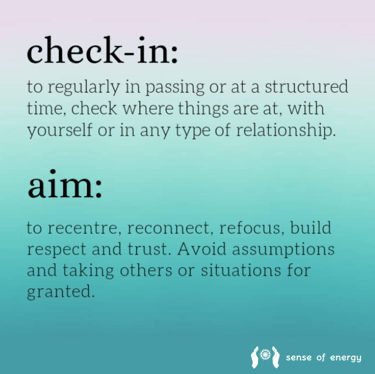

It can be. However, learning and remembering to check in with ourselves or others can take a bit of practice. Especially in those times when we can feel stuck and disconnected.
Is it Easy?
It is why Reiki has become a vital tool in my life, especially during times when I feel disconnected from my true path. It creates a calm space where I can check in and step back from my immediate concerns and gain clarity. I am able to see the bigger picture and explore alternative perspectives that I might have overlooked.
Daily
We can check in with ourselves when we wake up in the morning or when we go to bed at night. For both physical and mental health a quick review or scan of how you are feeling can help you better manage or structure your day.
At the start or end of your work day to help with completing tasks and time management.
How to use Checking In
Periodically
We can check how we are progressing along a path or in a project and review it weekly or monthly. We will have a goal in mind and we can assess if it still feels good or is working. If it isn't, we can make new choices, helping to reach the desired goal.
We can check in on our relationship with money or social media.
In Personal Relationships
Checking in with our partner helps us to understand whether we are still working towards the same goal or ideal. It is an opportunity to reconnect with each other and understand where your partner is at in their world. This has the potential to improve respect and trust between you. It may also reduce conflict by avoiding making assumptions about the other person or taking them for granted.








Checking in actually keeps us in check.
It is similar to reflective practice used in professional and academic settings.
Key Points:
It can be applied to our daily lives, either as a practical way to structure our day or to make sure we are on the right path. This can help us to avoid ignoring our feelings and to accept that things might need to change before we get too far down a certain path.
We can ask ourselves:
It is useful for relating to ourselves better and those things or people we have a relationship with. Whether it is with loved ones, friends or even colleagues, we can use it to create a better understanding.
It can help us to understand if we are ok in ourselves and if others or our relationships are ok.
How do I feel today?
Am I still happy on my chosen path?
How much progress have I made?
What benefits have there been to my endeavours?
Do I want or need to make a change?
Reiki alongside mentoring techniques can provide valuable support to help you to re-evaluate where you are at. It will create a calm space that gently guides you towards self-awareness and understanding, helping you to reconnect with your inner self and align with your genuine needs.
